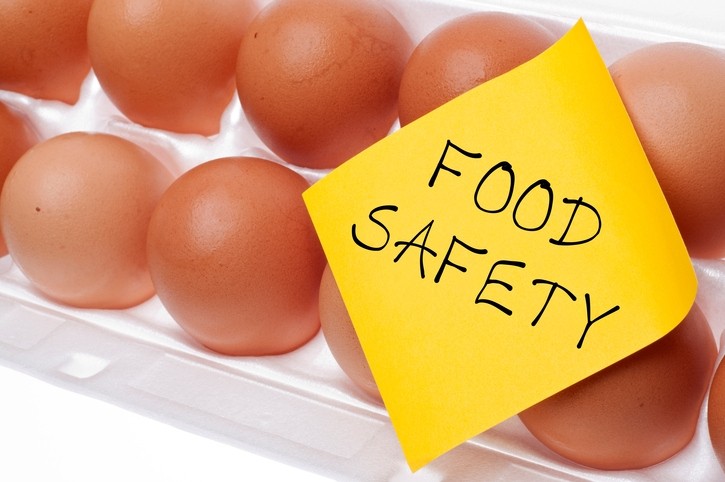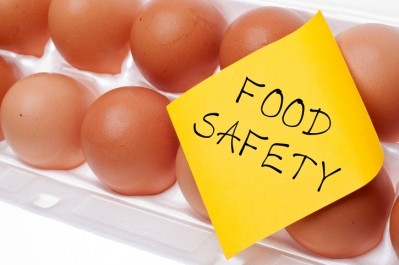Fipronil egg contamination: Health risk ‘unlikely’ say German agency

In an updated assessment, Germany’s national scientific agency concludes, “the risk to consumers posed by the consumption of chicken eggs and chicken meat containing fipronil, including processed foods, showed no exceedance of the acceptable daily intake levels over an entire lifetime”.
The decision by the German Federal Institute for risk assessment (BfR) sought to ease concerns after levels of the broad-spectrum insecticide were found to exceed EU limits in eggs and egg products.
EU-wide issue
While farms in the Netherlands, Belgium, Germany and France were initially identified, other EU countries that received affected eggs from the Netherlands included the UK, Sweden, Austria, Ireland, Italy, Luxembourg, Poland, Romania, Slovenia, Slovakia and Denmark.
Using fipronil residue levels measured in chicken eggs and chicken that took into account the acceptable daily intake (ADI) of 0.0002 milligrams per kilogram (mg/kg) body weight the ADI value was not exceeded for any of the observed consumer groups, the agency said.
In its estimations of the long-term intake level (NEDI) of fipronil, the agency took the calculation back to the raw product included the assumption that the fipronil transferred completely to the consumed food.
“The much lower levels of fipronil in egg white compared to egg yolk when used separately in foods were also not taken into account as an additional effect. This would in all probability further reduce actual exposure.“
“Therefore, due to a lack of sufficient analysis and measuring data, a significant overestimation of the actual average intake level can be assumed.”
Fipronil in Asia
FoodNavigator reported on a number of Dutch arrests made as the fipronil egg scare found its way into the Hong Kong food supply chain. There is no evidence yet that it has harmed anyone.
The toxic qualities of fipronil have long been known. The World Health Organization (WHO) has classed the pesticide as "moderately toxic" if consumed in large quantities.
The Dutch food standards agency, the NVWA, said that while its effects were reversible, fipronil was capable of causing "nausea, vomiting, abdominal pain, dizziness, and epileptic seizures."
BfR concluded that due to the scarcity of available data, the estimation of the risk to consumers was made using a number of very conservative assumptions, so the actual consumer exposure that can be expected should lie well below the exposure levels estimated here.
In further investigations, the BfR revealed a model that was bring developed which would enable users to find out more about chronic exposure and hazards after more data from official monitoring has been received.
“A refinement of the calculations is only possible once the corresponding data have been made available” they said.
The BfR’s assessments and conclusion can be found here.

























